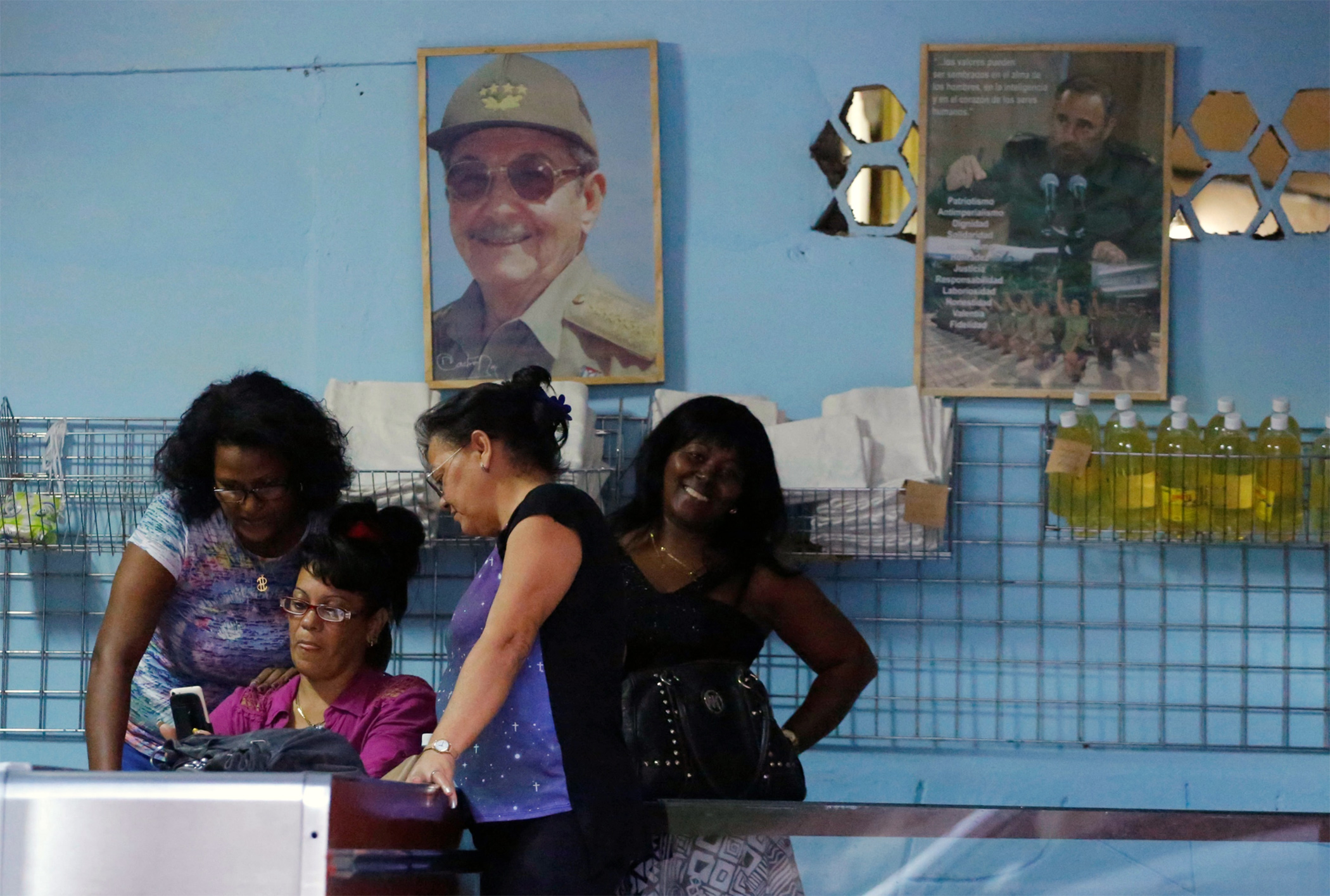Demand for unbiased reporting remains strong, audiences seeking new platforms for access

Washington, D.C. — The Broadcasting Board of Governors (BBG) released its annual impact numbers which indicate steady consumption of U.S. international media despite increasingly challenging media environments. The measured weekly audience remained 278 million, with gains in web and mobile traffic for all five networks.
“The impact results from this year’s Performance and Accountability Report show there is a continued hunger for accurate and reliable reporting,” said CEO John F. Lansing. “Our numbers remain strong despite continually increasing threats to our networks and their audiences. But more important, our audiences are finding our programs useful and trustworthy. That is key.”
In addition, this year’s report includes, for the first time, research data from Cuba. That survey indicates that content from the Martís is reaching a million adults each week in Cuba. This success is based on its strategy of delivering multimedia content on radio, via satellite TV, offline digital “packages” via flash memory and DVD, as well as Internet and social media.
“Being able to measure our audiences in Cuba is significant,” said Chief Strategy Officer Haroon Ullah. “The research shows that not only are people consuming Martí content, they find it unique, valuable, and trustworthy.”
Almost all past-week users of content from the Martís said they trust news from the broadcaster and that its news reporting increased their understanding of current events. Almost eight in ten say very little or none of the information they get from the Martís is available from other sources.
In addition to weekly audience size, the BBG measures its impact using quantitative, qualitative, digital, and anecdotal data on a wide range of factors, including program quality and credibility, engagement with the news process, and audience understanding of current events. Key accomplishments include:
- Middle East Broadcasting Networks’ Raise Your Voice-Iraq developed new television programs encouraging Iraqis to share their thoughts and opinions on extremism and the underlying causes of terrorism. This programming provides firsthand accounts of the realities of life under ISIS, including the pain and suffering of families and communities.
- Radio Free Europe/Radio Liberty (RFE/RL) and Voice of America (VOA) actively engaged online in providing alternatives to Russian disinformation. In Fiscal Year 2016, RFE/RL’s DIGIM, the social media arm of Current Time, received 120,000 average weekly engagement actions on Facebook and VOA Russian averaged 45,000 per week.
- VOA and Radio Free Asia (RFA) increased their social media outreach in Southeast Asia with huge gains in video viewing and engagement on Facebook and YouTube. VOA Vietnamese averaged 2.7 million video views weekly on YouTube, and RFA averaged over 600,000.
- Office of Cuba Broadcasting hosted a two-day conference on Cuba Internet Freedom. The event convened a broad spectrum of digital innovators and independent journalists from Cuba and elsewhere to exchange ideas and provide important information about the state of the internet in Cuba.
To learn more about the BBG’s performance measures, read the 2017 Performance and Accountability Report.
Find out more
Contact Nasserie Carew
Chief Global Communications Officer,
Office of Public Affairs
- publicaffairs@usagm.gov
- (202) 203-4400
